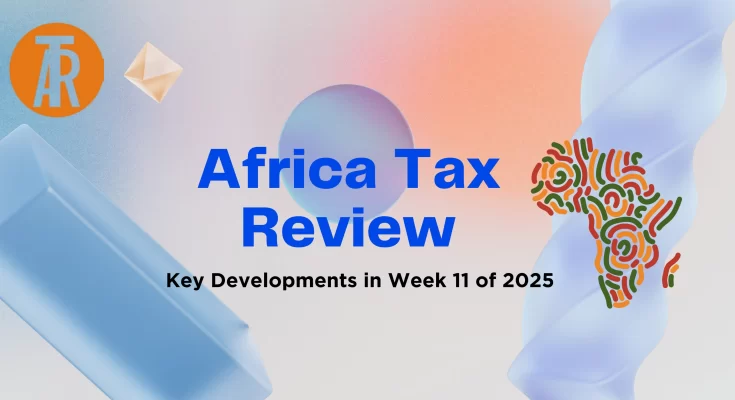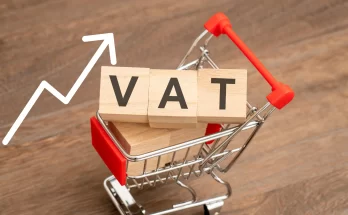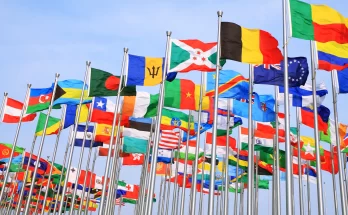Table of Contents
The eleventh week of 2025 marked a pivotal moment for tax policy across several African countries, as governments introduced new fiscal measures and reforms amidst economic uncertainty and political dynamics.
From South Africa’s controversial VAT hike to Uganda’s procedural reforms and Ghana’s repeal of unpopular taxes, this week highlighted the complex interplay between revenue generation and public sentiment.
Africa Tax Review: Key Developments in Week 11 of 2025

1. South Africa: Controversial VAT Hike Raises Coalition Tensions
In a significant fiscal policy move, South Africa’s Finance Minister, Enoch Godongwana, officially unveiled a proposal to increase the country’s Value-Added Tax (VAT) rate from 15% to 15.5%, effective May 1, 2025, with a further rise to 16% scheduled for April 1, 2026.
The government estimates this policy will generate approximately R43 billion over two years to support critical sectors such as health and defense.
However, this announcement stirred political unrest within the Government of National Unity (GNU), especially between the African National Congress (ANC) and the Democratic Alliance (DA).
The DA not only opposed the VAT increase but also initiated legal action to challenge it, citing its potential adverse impact on lower-income households and economic stability.
Source: Reuters, 2025. South African businesses on edge as VAT hike looms.

2. Uganda: New Compliance Procedure for Disputed Tax Assessments
On March 11, 2025, the Uganda Revenue Authority (URA) rolled out a revised compliance framework for taxpayers disputing assessments before the Tax Appeals Tribunal (TAT).
Under the new directive, such taxpayers must prepay either 30% of the disputed assessment or the undisputed portion—whichever is higher—using a designated payment reference (PRN) tagged “30% TAT payment.”
This initiative aims to streamline the dispute resolution process and ensure partial compliance while awaiting adjudication. Notably, the payment is ring-fenced and cannot be applied to other tax obligations until a verdict is issued by the tribunal.
Source: EY Global Tax Alert (2025). Uganda Revenue Authority introduces mandatory prepayment requirement for tax disputes.
Nigeria Gazettes ECOWAS Tariff Schedule, Deepens Commitment to AfCFTA Trade Framework

3. Ghana: E-Levy Abolished to Ease Financial Pressure on Citizens
In line with the 2025 national budget reforms, Ghana’s government repealed the Electronic Transaction Levy (E-Levy), a tax that had drawn widespread public criticism since its inception.
The repeal is part of a broader fiscal policy shift aimed at reducing the cost of digital transactions, improving financial inclusion, and stimulating grassroots economic activity.
This decision, which fulfills a key campaign promise by the ruling government, was complemented by additional tax reliefs targeted at micro, small, and medium enterprises (MSMEs), thereby reinforcing Ghana’s commitment to a more equitable and growth-oriented tax system.
Source: Ministry of Finance Ghana (2025). Parliament Approves Landmark Tax and Fiscal Reforms.
Conclusion
Week 11 of 2025 showcased the fiscal crossroads many African nations face. While South Africa took a bold step to raise revenues through consumption taxes, Uganda opted for enhanced procedural compliance, and Ghana prioritized tax relief to stimulate domestic demand.
These varied approaches illustrate that taxation remains central to national development strategies, but must be managed with political sensitivity, administrative clarity, and social equity in mind.
Olatunji Abdulrazaq CNA, ACTI, ACIArb(UK)
Founder/CEO, Taxmobile.




